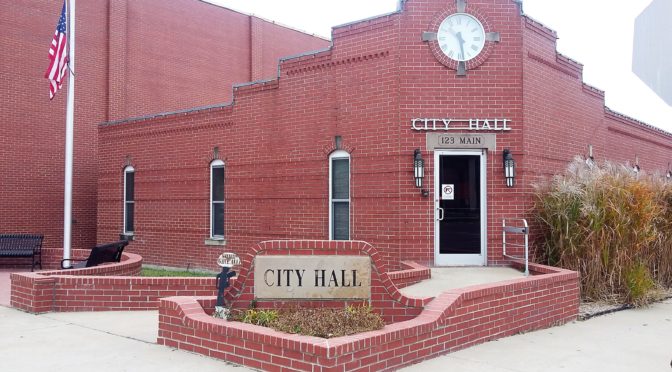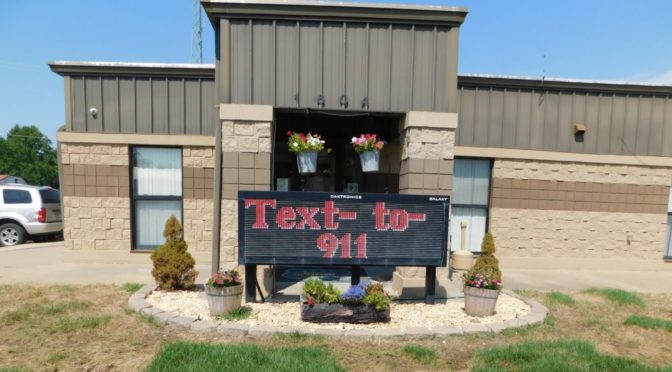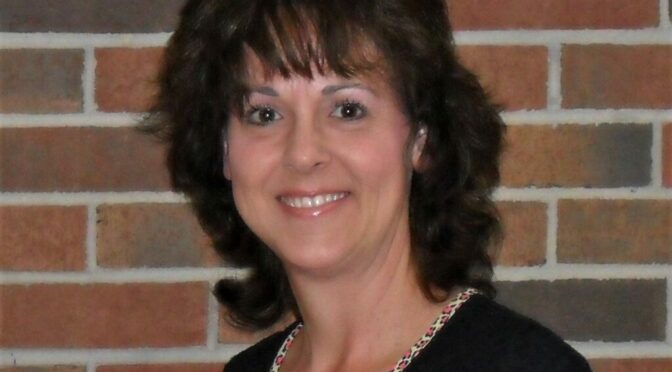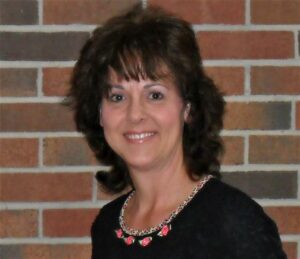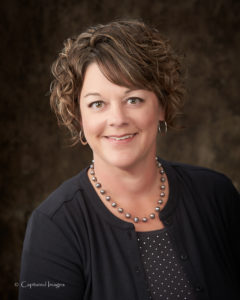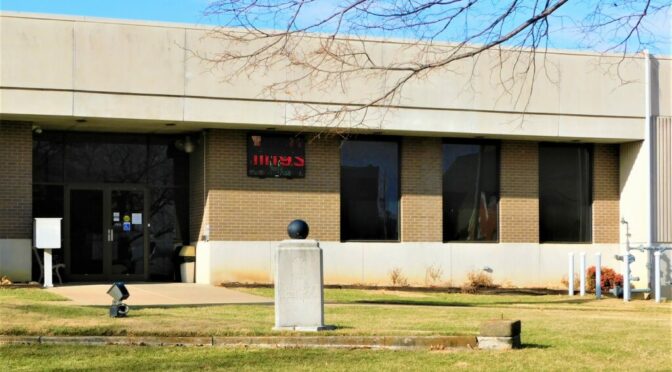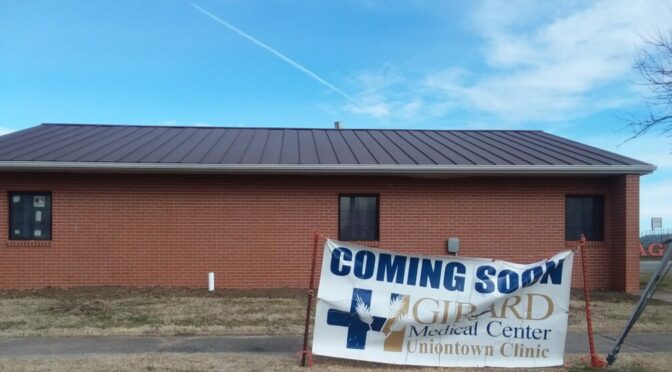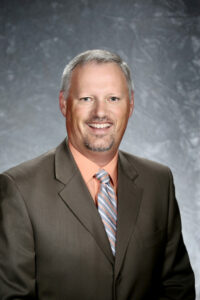Governor Laura Kelly’s Council on Tax Reform Cautioned Radical Tax Policy Changes Could Harm COVID-19 Recovery
~ Subcommittee appointed to evaluate Property Tax and provide suggestions for reform ~
TOPEKA – On Friday, January 29, the Governor’s Council on Tax Reform heard input from state and national policy experts who provided broad and enhanced perspectives on many of the top tax issues already under consideration in the 2021 Kansas Legislature.
On the issue of allowing itemization of state income deductions even for taxpayers claiming the newly expanded federal standard deduction, Dr. Donna Ginther, the Council’s Chief Academic Advisor, presented data suggesting that this proposal would benefit less than seven percent of all income tax filers, with much of the benefit accruing to high income earners.
To that point, if itemization legislation being heard in the statehouse passed, only 1% of Kansas tax filers in the lowest tax bracket, $0.01-$25,000, would benefit. For the top 18% of taxpayers, the benefit increases especially for those earning $100,000 to $250,000. For taxpayers making $250,000 or more that benefit is minimal as many of those taxpayers already itemize. In total, the itemization legislation in the Kansas Senate would only benefit an additional 6.6% of Kanas taxpayers.
“Any tax proposal that we consider during the 2021 session must preserve our fiscal foundation and provide relief for Kansas families and small businesses who have borne the economic brunt of the pandemic,” Governor Laura Kelly said. “After nearly a decade of disastrous tax policy, the last thing Kansas needs is a return to Brownback-style tax cuts undermining our COVID-19 recovery efforts.”
The Council discussed an alternative option, which was originally suggested by the Kansas Society of Certified Public Accountants, that would expand individual income tax deductions at a similar cost to the state by simply increasing existing Kansas standard deduction amounts – a proposal that would provide tax benefit to more than 90% of all Kansas tax filers.
Budget Director Adam Proffitt outlined the Governor’s Budget proposal, which includes two sales tax equity issues recommended by the Council that are designed to level the playing field for many Kansas small businesses. Those two pieces of legislation ensure that marketplace facilitators collect and remit compensating use taxes which are already due and owed to the state. The second broadens the tax base and updates tax code as the delivery of entertainment has changed with technology.
Council Co-Chairs Janis Lee and Steve Morris announced the creation of a special subcommittee on property taxation to be chaired by Former Senate Minority Leader Anthony Hensley. The subcommittee will work with state and local officials to further evaluate property tax legislation currently in the statehouse and other property tax reform issues.
Other Members of that group include Former House Majority Leader Don Hineman; Susan Sherman, Olathe Assistant City Manager; and Chris Courtwright, Former Principal Economist for the Kansas Legislative Research Department. In addition, there will be representation from League of Kansas Municipalities; Kansas Association of Counties; Kansas County Clerks and Election Officials Association; Kansas County Appraisers Association, and Kansas Department of Revenue’s Property Valuation Division.
Handouts and additional information about the Council’s January 29 meeting:
https://governor.kansas.gov/tax-reform-council-agenda-and-handouts-january-29-2021/
View the Council’s report here.
